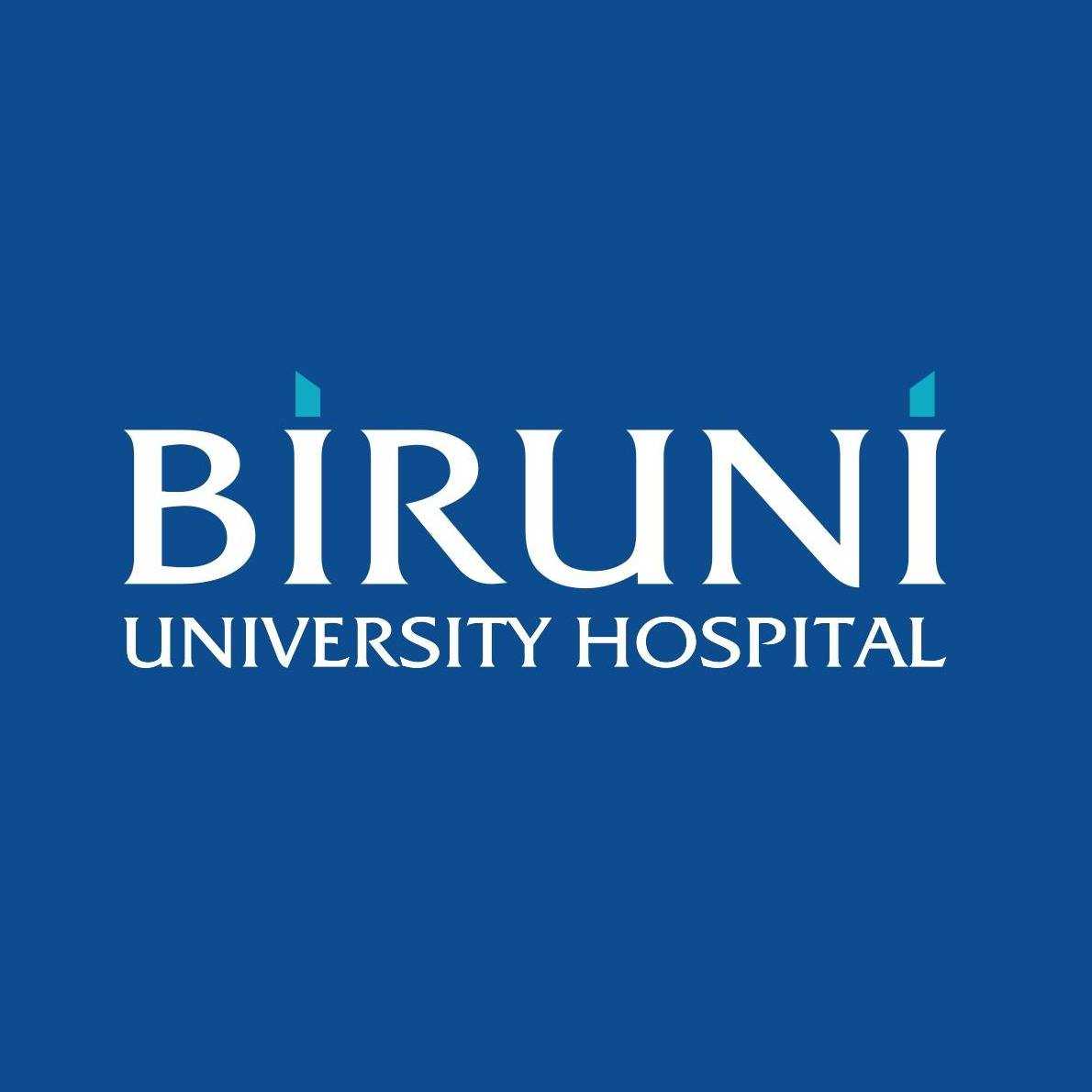Weight Loss Surgery: Mini Bypass Turkey Info

A Mini Gastric Bypass in Turkey is a significant weight loss surgery that offers a less invasive alternative to traditional gastric bypass, often at a more affordable cost. This procedure helps patients achieve substantial and sustained weight loss by reducing stomach size and rerouting the intestines, leading to decreased calorie absorption and earlier feelings of fullness. Turkey has become a popular destination for this surgery due to its experienced surgeons, modern medical facilities, and competitive pricing for bariatric surgery.
Considering a Mini Gastric Bypass is a big step, and it's natural to have many questions. This guide aims to provide clear, comprehensive answers to help you understand what the procedure involves, why people choose to have it in Turkey, and what you can expect throughout the process. We'll cover everything from the cost and eligibility to recovery and long-term lifestyle changes.
What Exactly is a Mini Gastric Bypass?
"A Mini Gastric Bypass (MGB), also known as a single anastomosis gastric bypass, is a surgical weight loss procedure that involves creating a long, narrow stomach pouch and connecting it to a loop of the small intestine, typically about 150-200cm downstream. This restricts food intake and reduces nutrient absorption."
The MGB is a simpler and often quicker procedure compared to the traditional Roux-en-Y gastric bypass. By creating a smaller stomach, you feel full after eating less food. Bypassing a significant portion of the small intestine means fewer calories and nutrients are absorbed from the food you eat. This dual mechanism makes it a very effective procedure for significant weight loss and improvement in obesity-related health conditions.
How Much Does a Mini Gastric Bypass Cost in Turkey?
"The cost of a Mini Gastric Bypass in Turkey typically ranges from $3,500 to $6,500 USD. This price can vary based on the clinic, the surgeon's experience, the specifics of the surgical package, and the city in Turkey."
This cost is often significantly lower than in many Western European countries or the United States, without compromising on the quality of care. Many Turkish clinics offer all-inclusive packages for Mini Gastric Bypass Turkey, which might cover the surgery, hospital stay, pre-operative tests, post-operative medication, airport transfers, hotel accommodation, and sometimes even translator services. It's crucial to get a detailed breakdown of what's included in the quoted price.
Who is a Suitable Candidate for Mini Gastric Bypass Surgery?
"Suitable candidates for Mini Gastric Bypass surgery generally have a Body Mass Index (BMI) of 40 or higher, or a BMI of 35 or higher with significant obesity-related health problems such as type 2 diabetes, sleep apnea, or hypertension. Candidates should also have a history of unsuccessful weight loss attempts through diet and exercise and be committed to lifelong lifestyle changes."
A thorough medical evaluation is necessary to determine eligibility. This includes assessing your overall health, medical history, and psychological readiness for such a life-altering procedure. Surgeons will also consider factors like age (typically between 18 and 65 years) and the absence of any medical conditions that could make surgery too risky.
What are the Main Benefits of Mini Gastric Bypass Surgery?
"The main benefits of Mini Gastric Bypass surgery include significant and sustained weight loss, improvement or resolution of obesity-related comorbidities like type 2 diabetes and high blood pressure, a simpler and shorter surgical procedure compared to traditional bypass, and potentially fewer long-term complications like internal hernias."
Many patients experience a dramatic improvement in their quality of life. The weight loss can alleviate joint pain, improve mobility, boost self-esteem, and reduce the risk of heart disease. The procedure's positive impact on metabolic conditions, particularly type 2 diabetes, can be profound, often leading to a reduced need for medication.
How is a Mini Gastric Bypass Performed?
"A Mini Gastric Bypass is typically performed laparoscopically, meaning it's a minimally invasive surgery. The surgeon makes several small incisions in the abdomen to insert a camera and specialized surgical instruments. A long, narrow stomach pouch is created by stapling the upper part of the stomach. This new pouch is then connected directly to a loop of the small intestine, bypassing the rest of the stomach and the initial segment of the small intestine (duodenum and part of the jejunum)."
The laparoscopic approach results in less pain, smaller scars, a shorter hospital stay, and a quicker recovery compared to open surgery. The entire procedure usually takes about 1 to 2 hours under general anesthesia. The creation of a single connection (anastomosis) between the stomach pouch and the intestine is what differentiates it from the Roux-en-Y gastric bypass, which has two connections.
What is the Recovery Process Like After Mini Gastric Bypass in Turkey?
"The initial recovery period in the hospital after a Mini Gastric Bypass in Turkey is typically 2 to 3 days. Patients will be on a liquid diet initially, gradually progressing to pureed and then soft foods over several weeks. Most patients can return to light activities within a week or two and work within 2 to 4 weeks, depending on the nature of their job."
During your hospital stay, you'll be monitored for any complications, and your pain will be managed with medication. You'll receive detailed instructions on your dietary progression, wound care, and activity levels before discharge. Full recovery and adjustment to new eating habits can take several months. Regular follow-up appointments, often available remotely with your Turkish clinic, are crucial.
What are the Potential Risks and Complications of Mini Gastric Bypass?
"Potential risks and complications of Mini Gastric Bypass include infection, bleeding, blood clots, staple line leaks, ulcers, nutritional deficiencies (especially iron, calcium, and vitamin B12), and dumping syndrome. Bile reflux can also occur in some patients."
While the MGB is generally considered safe and has a lower complication rate than some other bariatric procedures, all surgeries carry risks. Your surgeon will discuss these with you in detail. Adhering to post-operative guidelines, including dietary changes and supplement intake, is vital to minimize these risks. Choosing an experienced surgeon and a reputable clinic in Turkey also significantly reduces the likelihood of complications.
How Does Mini Gastric Bypass Compare to Roux-en-Y Gastric Bypass?
"Mini Gastric Bypass (MGB) is a simpler procedure with a single intestinal connection (anastomosis) compared to the two connections in a Roux-en-Y Gastric Bypass (RNYGB). MGB generally has a shorter operating time and may offer comparable or even slightly better weight loss and diabetes resolution, with a potentially lower risk of internal hernias but a higher risk of bile reflux."
Both procedures are effective for weight loss. The RNYGB has a longer track record, while the MGB has gained popularity due to its technical simplicity and strong outcomes. The choice between MGB and RNYGB will depend on your individual health profile, surgeon's recommendation, and personal preference after discussing the pros and cons of each.
Why is Turkey a Popular Destination for Mini Gastric Bypass Surgery?
"Turkey is a popular destination for Mini Gastric Bypass surgery due to its combination of highly experienced bariatric surgeons, internationally accredited hospitals with modern technology, significantly lower costs compared to Western countries, and comprehensive all-inclusive packages that often include accommodation and transfers."
The Turkish government actively supports medical tourism, ensuring high standards of care. Many Turkish surgeons have trained internationally and have extensive experience in performing bariatric surgery. The opportunity to combine a medical procedure with a visit to a culturally rich country is also an attractive factor for many international patients.
What Should I Look for in a Bariatric Surgery Clinic in Turkey?
"When choosing a bariatric surgery clinic in Turkey, look for international accreditation (like JCI), surgeon credentials and experience (board certifications, number of procedures performed), patient testimonials and reviews, transparent pricing with clear inclusions, and good communication with the medical team, including pre-operative and post-operative support."
Ensure the clinic uses high-quality surgical materials and has robust infection control protocols. It's advisable to have a direct consultation (even if virtual) with the surgeon who will be performing your Mini Gastric Bypass. Ask about their complication rates and follow-up care processes.
What is Typically Included in a Mini Gastric Bypass Package in Turkey?
"A Mini Gastric Bypass package in Turkey often includes the surgeon's fees, anesthesia costs, hospital stay (usually 2-3 nights), pre-operative tests (blood work, EKG, etc.), post-operative medications during your stay, initial dietary consultations, airport-hotel-hospital transfers, and hotel accommodation for a specified period. Some packages may also offer a personal translator."
It's important to confirm every detail of what is covered. Exclusions might include flights, visa costs (if applicable), extended hospital stays due to complications, or specific post-operative supplements needed long-term. Always request a written confirmation of all package inclusions and exclusions.
What is the Long-Term Diet After Mini Gastric Bypass?
"The long-term diet after Mini Gastric Bypass involves eating small, frequent meals focusing on lean protein, fruits, vegetables, and whole grains, while avoiding high-sugar, high-fat, and processed foods. Lifelong vitamin and mineral supplementation is crucial to prevent nutritional deficiencies."
Patients will need to chew food thoroughly, eat slowly, and stop eating when they feel full. Hydration by sipping fluids between meals is also important. Adherence to these dietary guidelines is essential for achieving and maintaining weight loss and preventing complications like dumping syndrome or malnutrition. Regular nutritional follow-up is recommended.
How Much Weight Can I Expect to Lose After Mini Gastric Bypass?
"Patients can typically expect to lose 60-80% of their excess body weight within the first 12 to 18 months after a Mini Gastric Bypass. Individual results vary based on adherence to diet and exercise, starting weight, age, and overall health."
The weight loss is usually most rapid in the first few months and gradually slows down. Maintaining this weight loss long-term requires a commitment to a healthy lifestyle, including regular physical activity and mindful eating habits. The surgery is a tool to aid weight loss, and its success is significantly influenced by the patient's active participation.
What are the Pre-Operative Requirements for Mini Gastric Bypass in Turkey?
"Pre-operative requirements for Mini Gastric Bypass in Turkey generally include a comprehensive medical evaluation (blood tests, endoscopy, ultrasound, cardiology consult if needed), a psychological assessment, nutritional counseling, and often a pre-operative diet (usually low-calorie, high-protein) for a few weeks to reduce liver size and surgical risk. Patients will also need to stop smoking and avoid certain medications as advised by their surgeon."
These preparations are designed to ensure you are in the best possible condition for surgery and to optimize the outcomes. The clinic will provide detailed instructions on all pre-operative steps you need to follow.
What Kind of Aftercare is Provided Following Mini Gastric Bypass in Turkey?
"Aftercare following Mini Gastric Bypass in Turkey typically includes a period of hospital monitoring, pain management, initial dietary guidance, and instructions for wound care. Reputable clinics offer follow-up consultations (often remotely via video calls or email) with the surgeon and dietitian for several months to a year or more, monitoring weight loss, nutritional status, and addressing any concerns."
This long-term support is crucial for a successful outcome. It ensures you are progressing well, helps manage any potential issues early, and provides ongoing education and motivation for lifestyle changes. Clarify the extent and duration of the aftercare program with your chosen clinic.
How Long Do I Need to Stay in Turkey for a Mini Gastric Bypass?
"For a Mini Gastric Bypass in Turkey, patients typically need to stay for approximately 7 to 10 days. This includes the pre-operative consultations and tests, the surgery itself, a 2-3 day hospital stay, and an initial recovery period in a nearby hotel before being cleared to fly home."
This duration allows the medical team to ensure you are stable and recovering well before your journey back. Some clinics may recommend a slightly longer or shorter stay based on individual circumstances and the specifics of their program.
What are the Success Rates for Mini Gastric Bypass in Turkey?
"The success rates for Mini Gastric Bypass in Turkey are generally high, comparable to international standards, with many patients achieving significant long-term weight loss (60-80% of excess weight) and improvement in obesity-related health conditions. Success is often defined by achieving and maintaining at least 50% excess weight loss."
Success rates depend on the surgeon's expertise, the quality of the medical facility, and, crucially, the patient's commitment to post-operative lifestyle changes, including diet and exercise. Clinics in Turkey often report success rates well over 90% for substantial weight loss.
Ready to explore how a Mini Gastric Bypass in Turkey could transform your health and life? PlacidWay can connect you with leading bariatric surgeons and accredited clinics in Turkey. Explore your options with PlacidWay today!


.png)




.png)
.png)
-(1).png)
.png)






Share this listing